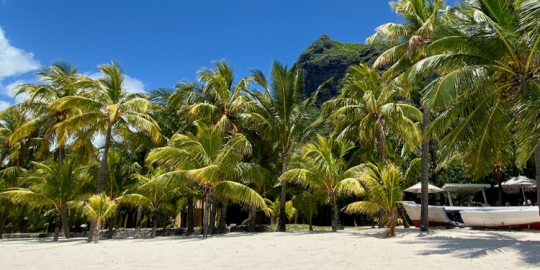Living in Malawi guide for expats
All the information you need to relocate and live in Malawi.
About Malawi
Luckily, its geographical diversity and the legendary friendliness of Malawians are attracting tourists and expatriates from around the world. It may be one of the smallest countries in Africa, covering an area of just 118,484km², but its landscapes more than make up for what it lacks in size. Malawi boasts Africa's third-largest lake ' Lake Malawi ' which is a snorkelling, diving, and kayaking mecca in the Lake Malawi National Park. This is not only one of Africa's few freshwater aquatic parks, but also a Unesco World Heritage Site, and the perfect place for a beach break or desert island escape.
Meanwhile, Mt Mulanje, the Zomba Plateau, and the Nyika Plateau offer spectacular scenery and adventures for hikers. Safari aficionados are also catered at the rugged Majete Wildlife Reserve, which African Parks started to manage just after the turn of the century and has since launched a lion-reintroduction programme. There are now more than 3,000 animals in the reserve, including the Big Five!
Malawi has a sub-tropical climate that varies between seasons ' the warm and wet season stretches between December and April, followed by a cool and dry season that tends to last from May to August. However, the temperature differences are never too extreme, making it a relatively pleasant place to live in at most times of the year.
Malawi is a largely agricultural country (agriculture accounts for about a third of the country's GDP). Poverty is still sadly widespread and the majority of the poor remain trapped in low productivity subsistence farming. Malawi is vulnerable to external factors, and a significant percentage of the population required food relief in 2016 after two consecutive years of drought reduced the output of maize ' the country's main staple crop. Consequently, it has become clear that Malawi needs to build resilience to climatic shocks via sustainable development. Additionally, it has very limited resources to respond to any crisis ' concerns which open the doors to expats working in the NGO and foreign aid sectors. A coherent approach to entrepreneurial development is also required in Malawi, and expatriates in the microfinance sector could play an important role.
Even though the country is facing significant issues, such as inflation, weak tobacco prices, and donor uncertainty, the country's GDP is projected to accelerate in the near future and be driven by agriculture and services.
English is the official language and is widely understood across the country, even though it is more often considered to be a second language. The national language is Chewa (otherwise known as Chichewa), which is the native language of the Chewa people and spoken by about half of Malawi's population. Some indigenous languages, such as Yao, Tumbuka, Nkhonde, Lomwe, and Tonga are also still spoken.
Malawi has been greatly influenced by missionaries from Europe ' the most famous of which is arguably David Livingstone. As a result of this influence, the Chewa people, who form the largest part of the population and are concentrated in the central region, are predominantly Christian Protestants, making it the largest religious denomination. Islam is the second largest religion in Malawi due to the influence of Arab traders, and the Yao people are primarily Muslim. There is also a significant Roman Catholic following, and a small percentage of the Malawian population do still adhere to traditional African beliefs.
Latest housing offers in Malawi









